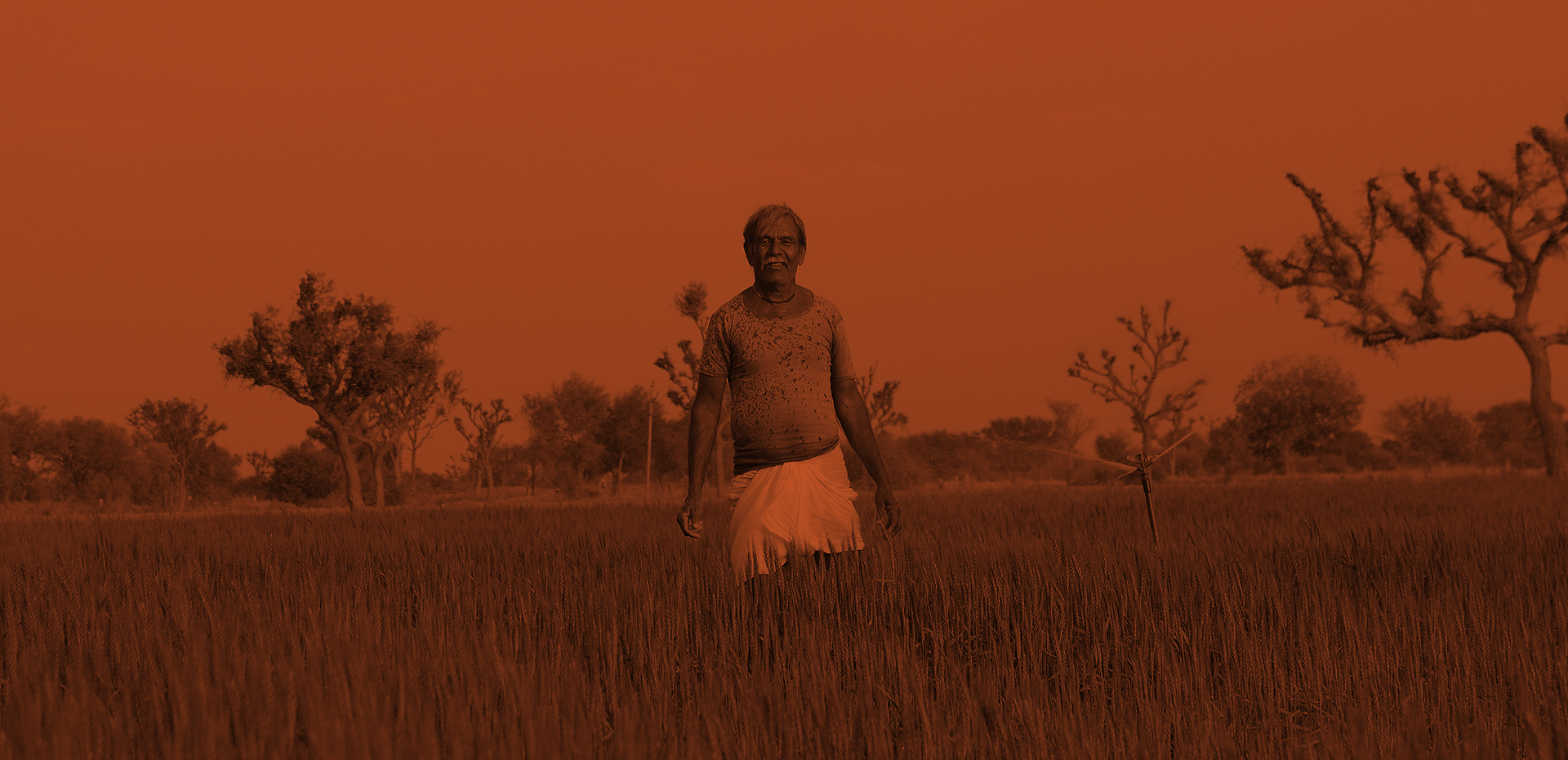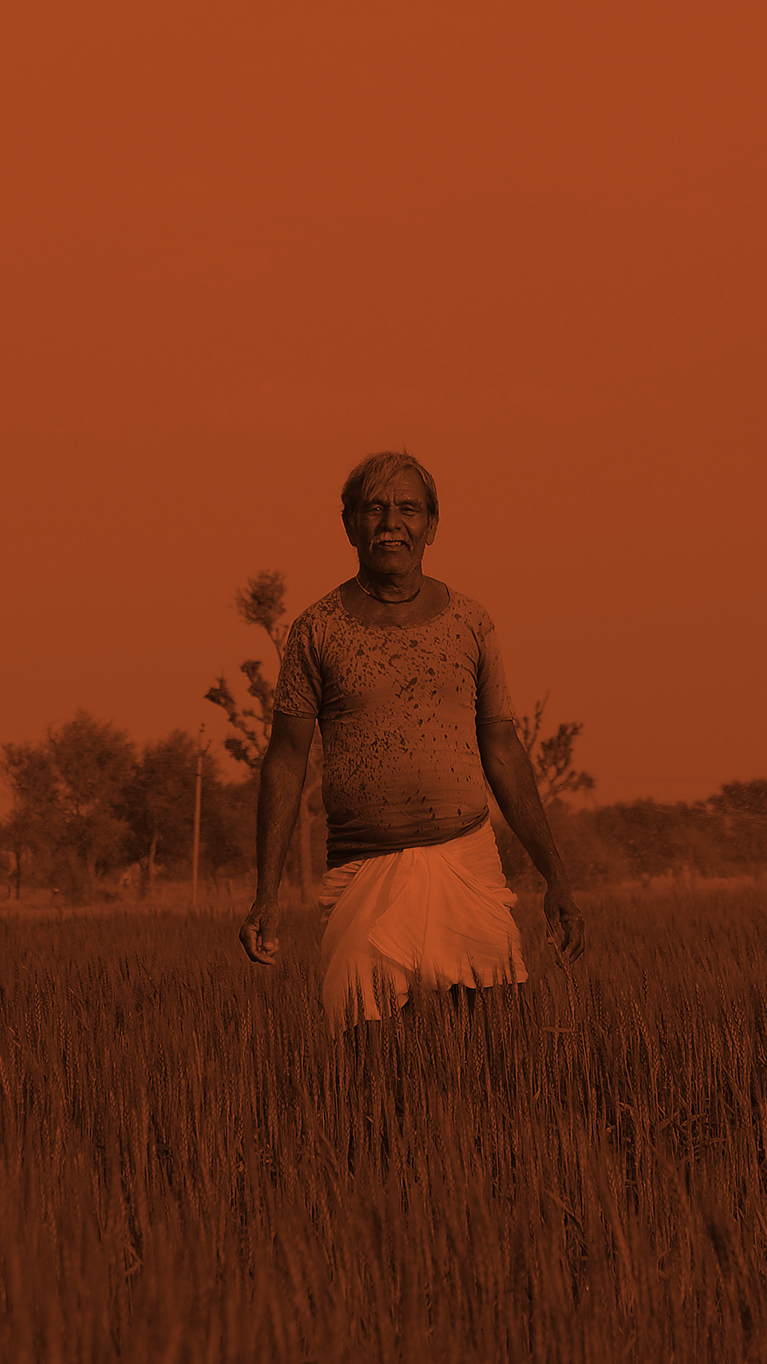



India is recognised globally as an economic powerhouse. But whilst significant gains have been made over the last 20 years, much of this wealth generation has been inequitable, with 600 million living in rural villages, either below or just above the poverty line.
Whilst official poverty rates in India fell from 45% of the population in 1994 to 25% in 2022, those that have ‘come out of poverty’ still live in dire and difficult circumstances. In fact, 56% of the population of India are rural families that do not have a level of income to enable them to live a decent quality of life, rather than just bare subsistence.
The income level of a rural family needs to be sufficient enough to enable them to meet 8 basic household needs:
FOOD
ENERGY
HOUSING
DRINKING WATER
SANITATION
HEALTHCARE
EDUCATION
SOCIAL SECURITY
It sounds simple … It’s not! Livelihoods is a multi-faceted issue, and is so much more than just the impart of skills and education. In fact, in order for any person to earn a livelihood they require 5 sets of capital to support them. To prosper, rural families need ALL of these things and more, to support them in earning a livelihood. If just one of them topples, the building blocks begin to fall.

Human Capital Skills, knowledge, abilities and capabilities that aid in development of each asset area.
Natural Capital Forests, Rivers, Ponds, Trees, Land
Social Capital The benefits that come through relationships with people and institutions
Physical Capital Actual physical things that people own, control or have access to.
Financial Capital Income, Credit, Investments

Human Capital Skills, knowledge, abilities and capabilities that aid in development of each asset area.
Natural Capital Forests, Rivers, Ponds, Trees, Land
Social Capital The benefits that come through relationships with people and institutions
Physical Capital Actual physical things that people own, control or have access to.
Financial Capital Income, Credit, Investments
Source: Livelihood Asset Pentagon of the Sustainable Livelihoods Framework
ACF’s programs support a family in their journey from poverty to prosperity.
With almost 3 decades of experience in remote community development, we have seen first-hand, how support across these 6 thrust areas can transform the lives of rural families and communities.
Water
Agriculture
Skill
Health
Women
Education
Water
Agriculture
Skill
Health
Women
Education
CAPACITY BUILDING
KNOWLEDGE
COMMUNITY OWNERSHIP & PARTICIPATION
GENDER
We build people’s institutions to ensure the equitable and sustainable management of all community projects. Farmer Producer Companies, Women’s Federations, SHGs, Cooperatives, Water User Associations, School Management Committees, Village Development Committees … we believe the key to sustainable change comes when people are in the driver’s seat.
We build people’s institutions to ensure the equitable and sustainable management of all community projects. Farmer Producer Companies, Women’s Federations, SHGs, Cooperatives, Water User Associations, School Management Committees, Village Development Committees … we believe the key to sustainable change comes when people are in the driver’s seat.
We believe it is important to share our experiences from the field, gathered over nearly 3 decades, with others - and also learn from other like-minded organisations. Our knowledge sharing platforms provide us with the opportunity to exchange ideas, find better ways to tackle problems and collaborate to amplify our impact.